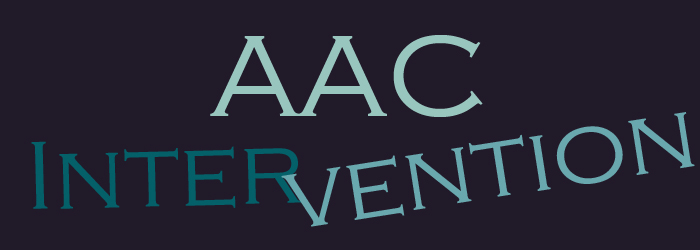

Calendars to Books
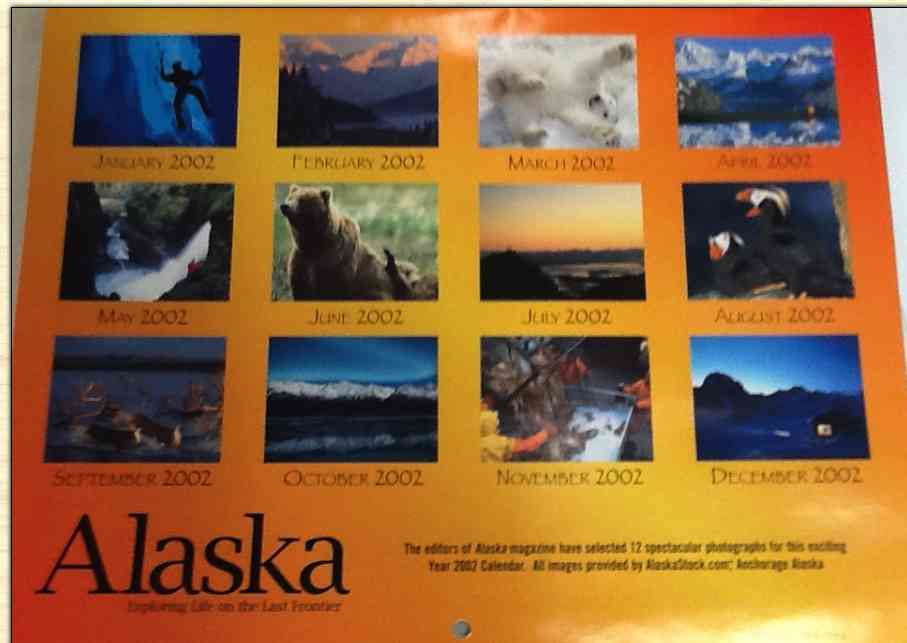
This tip comes from a paraprofessional in New Hampshire. I never heard her name, but am very grateful for her idea!
Calendars make great books for creating books for or with students with disabilities. They capture student interest and provide high quality graphics without using up expensive colored ink! The mini-photos on the backs of many calendars also make great and quick communication displays.

return to top

Comprehension Pretest
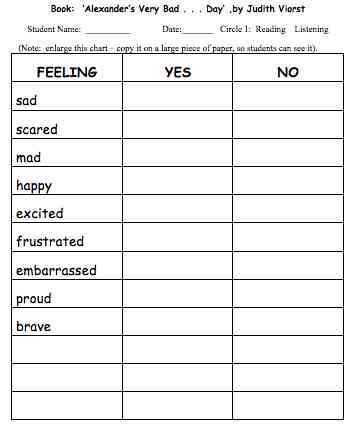 This simple pretest can be used to see how well your students do without teacher scaffolding. It will support teachers and professionals by: This simple pretest can be used to see how well your students do without teacher scaffolding. It will support teachers and professionals by:
1) Documenting student beginning level for comprehension
2) Showing how well an entire class does without any scaffolds
3) Giving an idea of how students perform on listening comprehension or silent reading comprehension
The charts included in this pretest also model how you might set up guided reading (listening or reading) comprehension tasks to teach your students comprehension skills.
February 2012
return to top

Comprehension Checklist
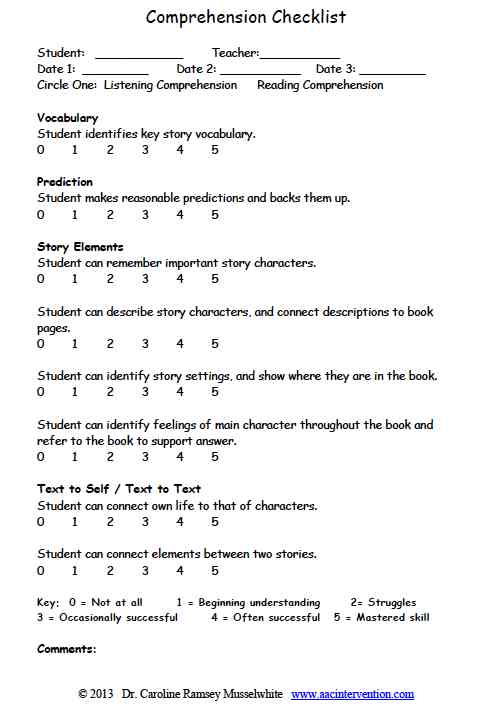 This simple checklist can be used as a pre-post measure. It will support teachers and professionals by: This simple checklist can be used as a pre-post measure. It will support teachers and professionals by:
1) Documenting student progress (use a different color marker each time)
2) Reminding adults of sample targets for comprehension support
3) Showing areas of strength and weakness for both individuals and classes
Support YOUR students in globally documenting their progress on reading comprehension.
return to top

Circle of Friends – AAC Book
.jpg) This 33-page book by Jane Odom and Jolene Madden includes nine lessons for introducing a Circle of Friends around a student who uses AAC. Sample activities include: This 33-page book by Jane Odom and Jolene Madden includes nine lessons for introducing a Circle of Friends around a student who uses AAC. Sample activities include:
• Device exploration
• Interviews
• Slang it
Each lesson includes an objective, materials, procedures, modification, summary, and ‘smart charts’ for PRC devices. Although these lessons were designed to support students using Unity Software on PRC devices, most activities would be appropriate for students using a variety of communication devices with a large language set.
return to top
Adapted Reading Log
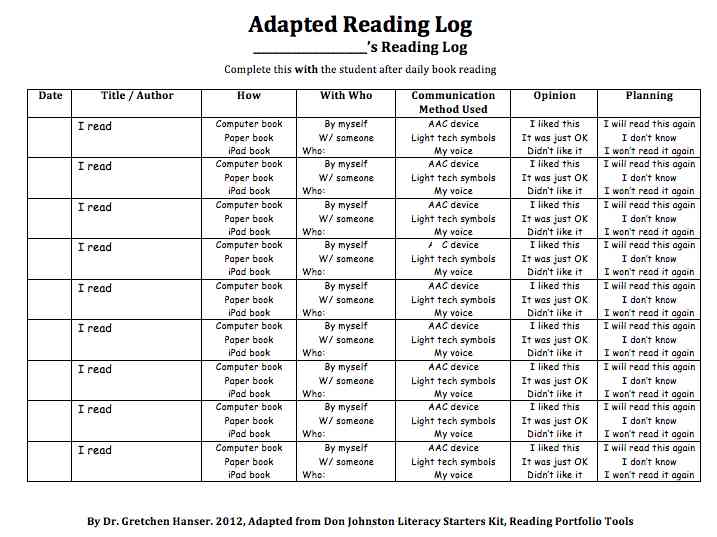
This Reading Log was adapted from the Don Johnston Literacy Starters Kit by Dr. Gretchen Hanser.
The Adapted Reading Log supports students and reading partners in tracking books read, how they were read, the reading partner (if any), and brief feedback regarding each book.
return to top

Literacy Experiences Summary
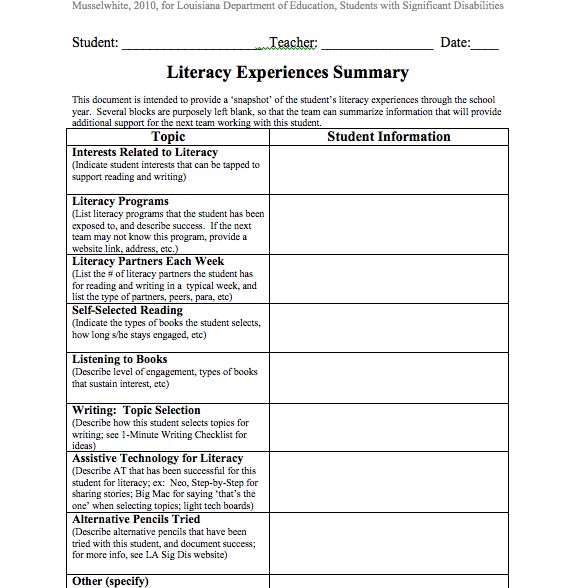 This chart was developed for the Louisiana Department of Education, Students with Disabilities. This chart was developed for the Louisiana Department of Education, Students with Disabilities.
The chart provides a quick summary of literacy experiences and opportunities for students with significant disabilities. It should be put in a student’s Literacy Folder to support a smooth transition from year to year.
http://sda.doe.louisiana.gov/Lists/Monthly%20Efforts%20Calendar/DispForm.aspx?ID=3
June 2012
return to top
Re-Writing Stories
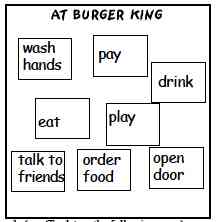 We have all re-written highly predictable stories to support student learning (think, ‘Brown Bear’!). Re-writing stories is a great example of ‘repetition with variation’, as students use old forms (e.g., the rhythm of the original story) to support the new function (i.e., a story about going to Burger King). We have all re-written highly predictable stories to support student learning (think, ‘Brown Bear’!). Re-writing stories is a great example of ‘repetition with variation’, as students use old forms (e.g., the rhythm of the original story) to support the new function (i.e., a story about going to Burger King).
This tip shares ideas for supporting students in using strategies such as storyboarding and use of light tech communication sets to scaffold learning.
return to top

Snoopi – Antidis Tips
 Antidis . . . Okay, not gonna give it away! Antidis . . . Okay, not gonna give it away!
This is a ‘guest tip’ from Snoopi Botten. Snoopi has used an AAC device for decades, and is a premier songwriter, translator of songs for use on AAC devices, and an excellent performer. If you went to ISAAC 2012, you saw Snoopi do several duets with Peter Yarrow of Peter, Paul, and Mary.
The tip shares Snoopi’s story, and provides tips for people who use AAC and for people who live and work with them!
August 2012
return to top

Make A Real Choice
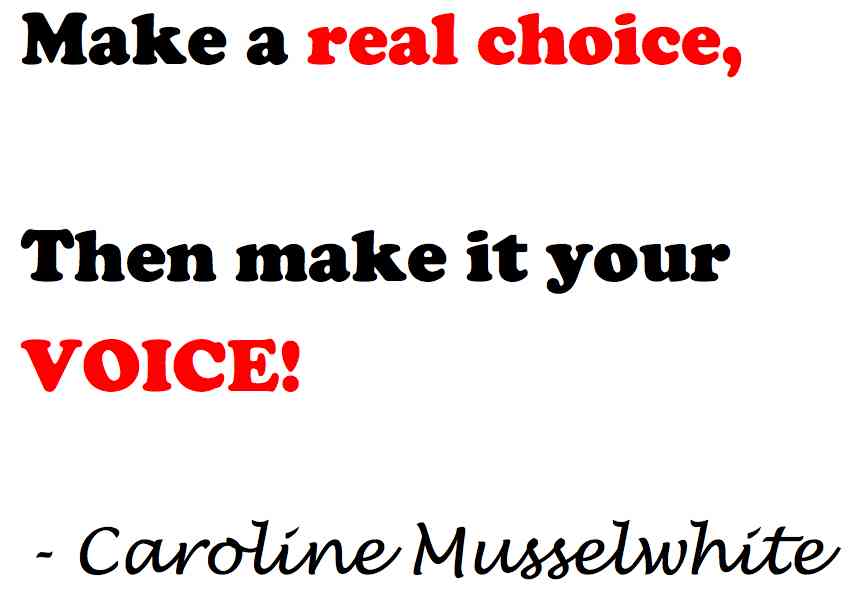 This tip covers the situation where single-message devices are thrust at children to swat (“Today is Wednesday”), rather than using them to convey a true message. This tip covers the situation where single-message devices are thrust at children to swat (“Today is Wednesday”), rather than using them to convey a true message.
The tip covers how to know if it is a ‘real’ choice, and how to use light tech systems to make a real choice that is shared via the single message device.
return to top

Literacy Motivation Profile
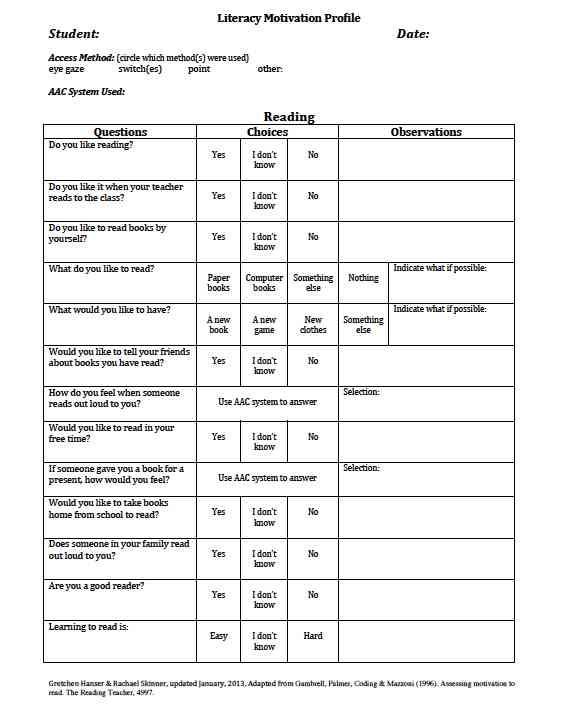
This chart was developed by Gretchen Hanser and and Rachel Skinner, adapted from a motivation to read profile by Gambrell, Palmer, Coding, and Mazzoni.
The Profile is mostly multiple choice (yes / no / I don’t know), with students using eye gaze, touching, or an AAC device to respond. Information can be summed up, summarized, and compared across time.
return to top

Smart Charts
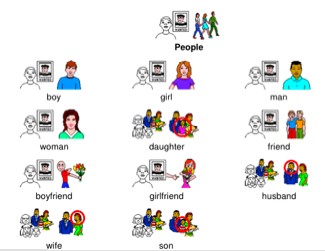 Smart Charts, a.k.a. Cheat Sheets can help people who use AAC in providing visual supports for where to find language on the communication device. However, they are equally important for communication partners, offering a chance to scaffold partner modeling of a communication device. Smart Charts, a.k.a. Cheat Sheets can help people who use AAC in providing visual supports for where to find language on the communication device. However, they are equally important for communication partners, offering a chance to scaffold partner modeling of a communication device.
This tip provides samples and resources for creating and using Smart Charts.
return to top

Tic Tac Talk
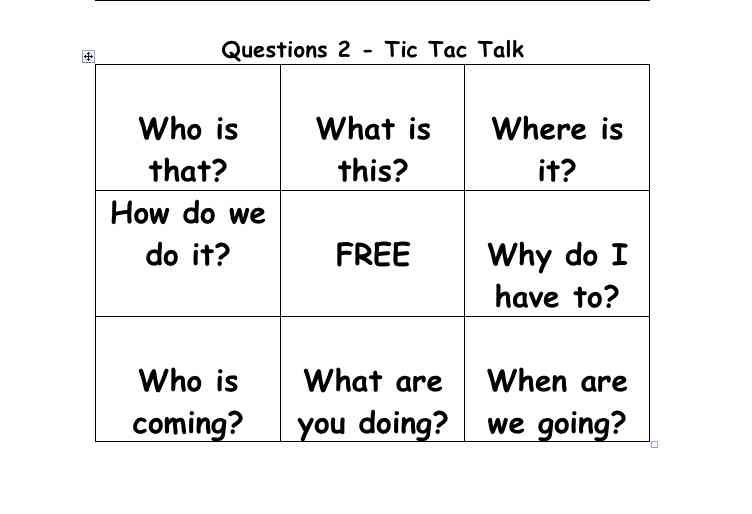
Tic Tac Talk is a rehearsal activity to support students who are learning new language on their devices. It gives a chance to rehearse without the necessity of thinking about what to say.
This tip provides samples and resources for creating and using Tic Tac Talk.
return to top
 Our little idea guy marks the tip attachments. They are posted in pdf format. On the few occasions where there was more than one document to attach, we have "zipped" the files. Our little idea guy marks the tip attachments. They are posted in pdf format. On the few occasions where there was more than one document to attach, we have "zipped" the files.
PDF File Information
If you don't have Acrobat Reader on your computer, go to the following site:
http://get.adobe.com/reader/
Contact us if you need tips in another format.
|
